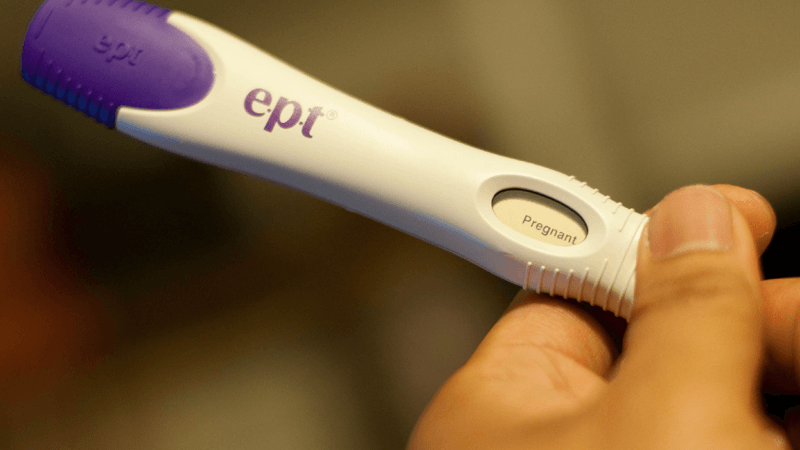The fall in teenage pregnancies in the UK can be linked to funding cuts for sexual health services, according to new research.
The changes meant less advertising for services and made contraceptives less readily available.
The findings have been described as a ‘wake-up call’ to those who continue to claim such services are needed to reduce teen pregnancies.
Risky behaviour
Professor David Paton and Research Assistant Liam Wright found that the Government’s provision of contraception and its sex advice services may have encouraged risky behaviour, rather than curbed it.
Between 1999 and 2010 the Government ran the Teenage Pregnancy Strategy. Under the strategy, hundreds of millions of pounds were spent on contraceptive services and sex and relationships education.
The scheme concluded in 2010, leading to warnings by some, including the Teenage Pregnancy Independent Advisory Group, that teenage pregnancy would rise if there were cuts to funding.
‘Counter productive’
However, Prof Paton said: “Contrary to expectations, we found that, if anything, cuts have led to fewer teen pregnancies.”
The study went as far as to say that “spending on projects related to teenage pregnancy may even be counterproductive”.
The study, published in the Journal of Health Economics, also found that the greatest drop in teen pregnancies occurred in areas where funding cuts were most severe.
Inducement
The researchers noted that the findings were in line with the work of Nobel prize-winner George Akerlof. In 1996 he showed that easier access to contraception could lead to an increase in risky sexual behaviour.
This in turn could result in an increase in teenage pregnancies, rather than a decrease.
They wrote that providing teens with contraceptives “may increase the risk amongst teenagers who are induced by easier access to birth control either to start having sex or to have sex more frequently”.
Control factors
The researchers noted: “It may be that areas that implemented the biggest cuts were those where conception rates would have gone down anyway.”
But they added that the results of their research held up well to “statistical tests and controls for other factors that might explain the correlation, such as education, poverty and the local political party in control”.
‘Outdated and damaging ideas’
Columnist and former Director of the Centre for Policy Studies think-tank Jill Kirby said that the most striking aspect of this research is that it “proves exactly what those of us who have specialised in this area have been saying for years”.
She added that it is “inevitable” that teaching children about sex at a progressively younger age, will mean they will try it at a younger age.
Kirby concluded: “This latest finding, backed up by previous studies, should be a wake-up call to all those who fail to protect our young people by clinging to outdated and damaging ideas.”


